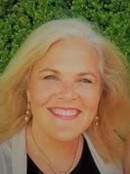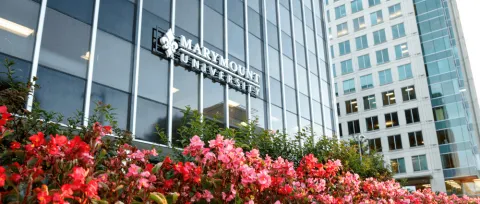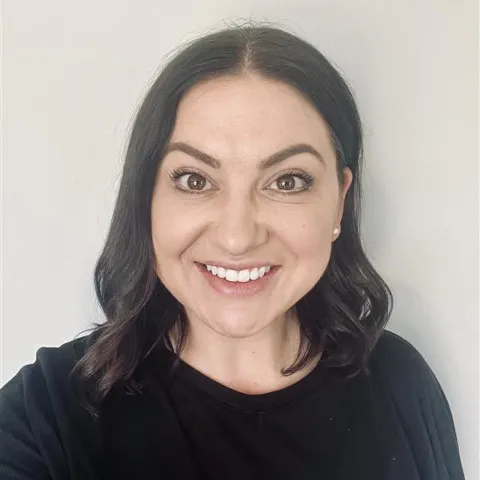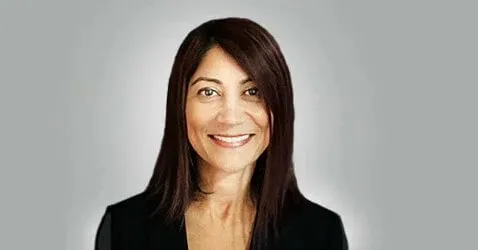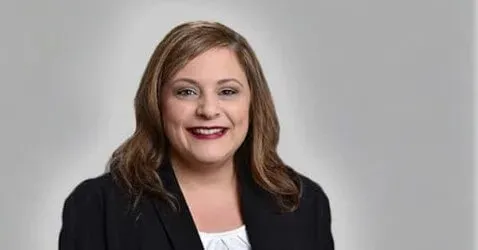Social justice in education matters. Social justice refers to equal access to opportunities—including wealth, privileges and professions—for all members of society. Teaching for diversity and social justice means granting every student a quality education, encouraging social wellbeing and teaching with honesty and transparency about historical and present social justice issues.
Educators, school boards and faculty need to familiarize themselves with teaching within a social justice framework. Pursuing a Doctor of Education (EdD) in Educational Leadership and Organizational Innovation equips you with actionable solutions to address real-world challenges in today’s education system.
Another tool that helps teachers gain new strategies for teaching diversity and social justice is educational books. Discover a few of the best books on education that empower teachers to incorporate diversity, equity and inclusion (DEI) and social justice into their curriculum.
Complete The Form to Access Your Online Ed.D. Program Guide
Why Social Justice Matters in Your Teaching and Curriculum
In 2019, a fifth-grade teacher was accused of carrying out a mock slave auction in which white students bid on black students in New York. School assignments such as this one exploit, humiliate and traumatize students. Although this is an extreme example, even something as subtle as vocabulary in the classroom can influence how a student perceives themselves and the world around them.
In another example, a Sacramento High School teacher made an offensive gesture during a Zoom class when she pulled her eyes to the side in an attempt to imitate those of Asian descent. This type of transgression is known as a microaggression: “a comment or action that subtly and often unconsciously or unintentionally expresses a prejudiced attitude toward a member of a marginalized group.” Although the teacher claims she intended no offense, the offensive action was, nevertheless, ignorant and harmful.
Educating teachers about social justice in schools can help prevent harmful teaching practices and protect and empower students. As leaders of the next generation of learners, teachers must be advocates for social justice in schools.
Statistics About Social Justice in Education
School funding, teacher representation and teacher quality all influence and impact student achievement and outcomes. The following statistics demonstrate the current state of social justice in education:
- The U.S. ranks 23rd in high school graduation rate among rich nations of the world. In 1970, the U.S. was first.
- A student living in poverty is 13 times less likely to graduate on time.
- Nearly 60% of student dropouts will go to prison at some point in their lives.
- 75% of Americans ages 17-24 are not qualified for military service because they are overweight, too poorly educated, have emotional problems or have a criminal record.
- The unemployment rate for college-educated black individuals is twice that of white individuals.
- Nationwide, districts with the most minority students receive 15% less per student in state and local funding than the whitest districts.
- Exposure to at least one black teacher in Grades 3-5 reduces the probability of low-income black male students dropping out of school by almost 40%.
Teachers must be passionate about bettering the lives of their students and providing equal opportunity to diverse classrooms. As a teacher, social justice books are an accessible way to educate yourself, amend your vocabulary and communication style and try new teaching strategies based on the latest advice from educational experts.
8 Best Books on Promoting Social Justice in Education
Teachers interested in promoting social justice in schools can use books on education to stay informed and learn from diverse authors about subjects like grading for equity, anti-oppressive school discipline, equality in the classroom and more. We gathered eight of the best social justice books for teachers to add to their library.
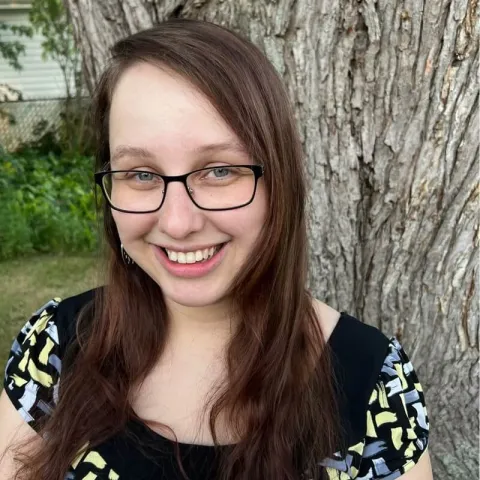





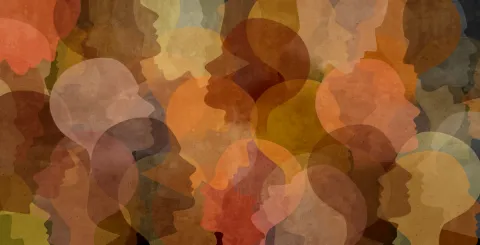
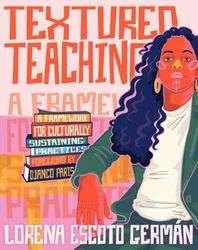
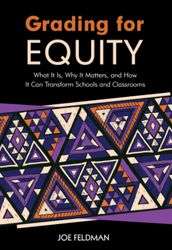
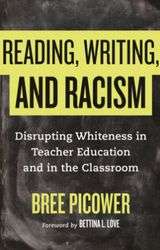
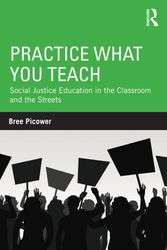
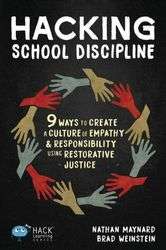
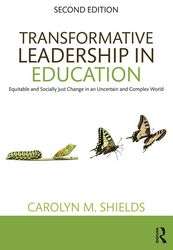
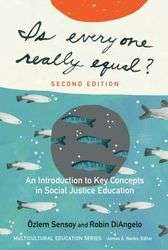
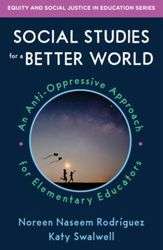

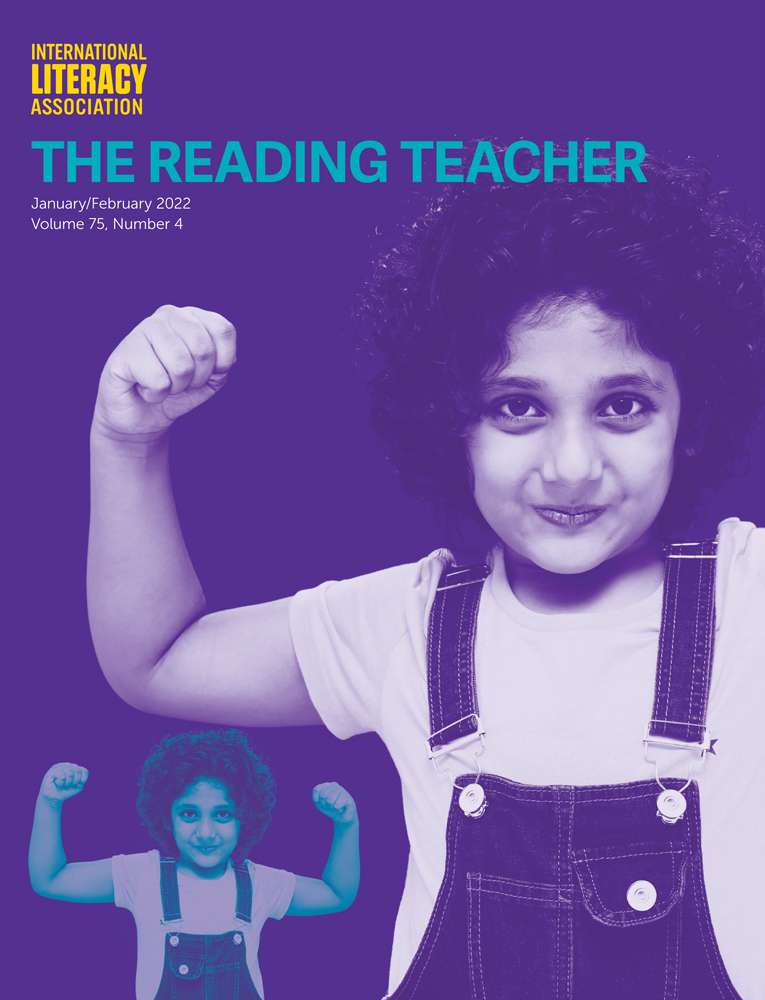 Research conducted in Panama by two Doctor of Education (Ed.D.) professors—Dr. Ana Lado and Dr. Clara Hauth—was published in The Reading Teacher, an academic journal that has been active for over 70 years. The article they co-authored, “Selecting Picture Books for ELL Beginners in Panama: Tellability,” was published on February 21, 2021. It explores the importance of considering distinctive characteristics of English Language Learners (ELLs) as it relates to the tellability vs. readability of picture books.
Research conducted in Panama by two Doctor of Education (Ed.D.) professors—Dr. Ana Lado and Dr. Clara Hauth—was published in The Reading Teacher, an academic journal that has been active for over 70 years. The article they co-authored, “Selecting Picture Books for ELL Beginners in Panama: Tellability,” was published on February 21, 2021. It explores the importance of considering distinctive characteristics of English Language Learners (ELLs) as it relates to the tellability vs. readability of picture books. 